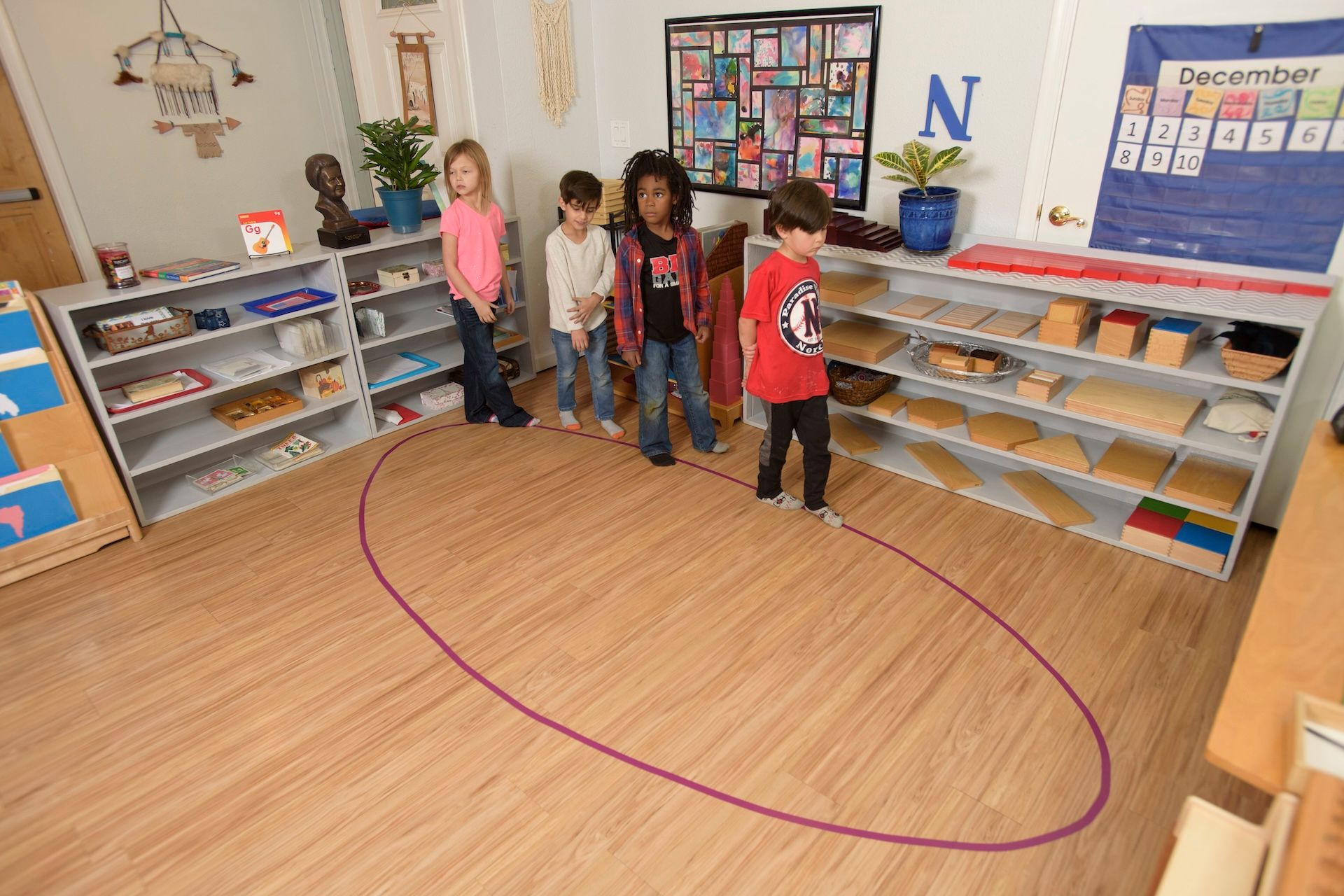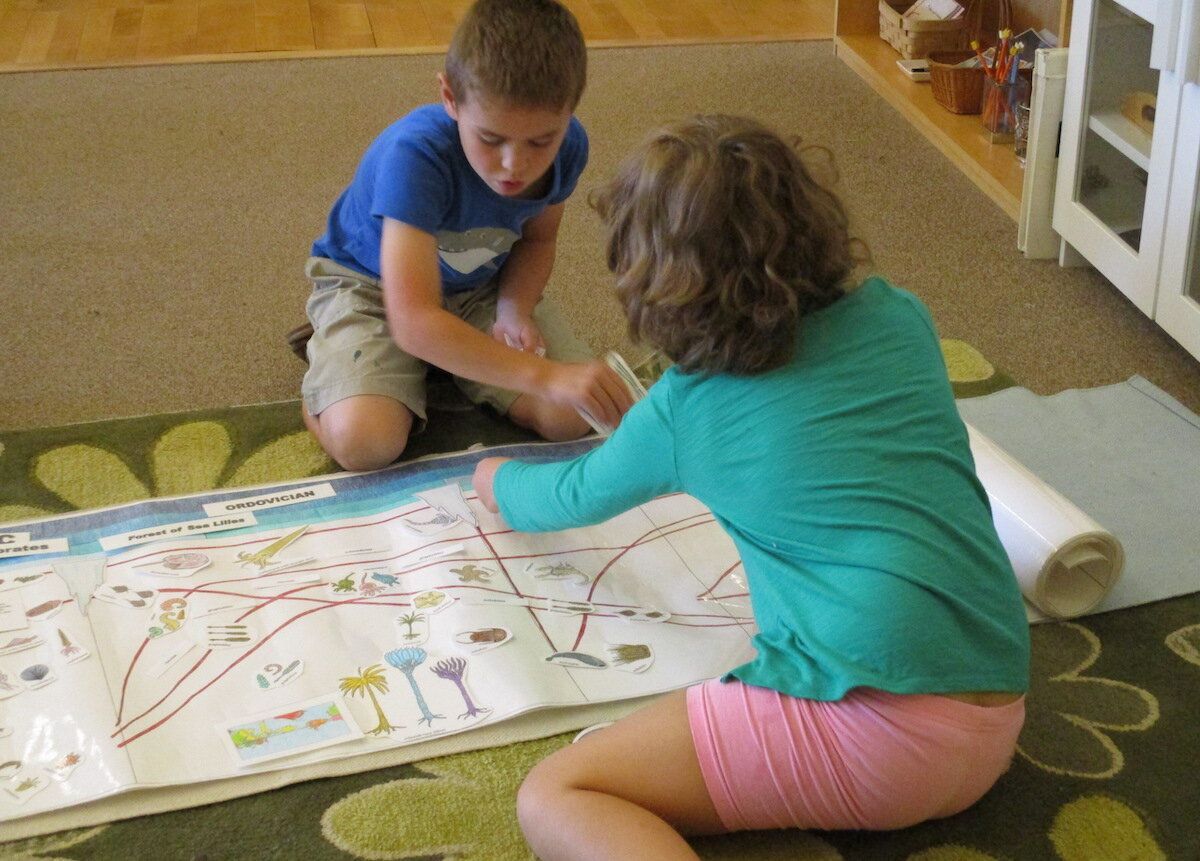Your child's third birthday is around the corner and you are probably already planning how to celebrate it. There will be multiple things you will need to think about, like the theme, location, décor, food, etc. However, there is one critical, invisible element that is present in every birthday celebration, and we often do not even realize we should pay attention to it. This element will have a more profound impact on your child´s experience than any kind of food or décor at the party. We are talking about physical boundaries, and yes, it is a huge element of every gathering where your child participates, especially if he is the star of the day. Take a good look at this month’s article since we will discuss why it is essential to pay attention to physical boundaries, the consequences of it, and how to help your child be respected.
Year after year, friends and family will be happy to celebrate your little one’s birthday. The odds are that they will give her something, and as soon as they enter the room, they will want to hug your child to congratulate her. This scenario seems okay and unharmful, but what if your child refuses to hug them? Have you caught yourself telling her something like, “Aunt Susan just got here; give her a big hug.” If you have, then it is time to reconsider your expectations.
We must understand that children are individuals with particular needs and desires. They will use any kind of language to express what they want, think, and feel. Our responsibility is to hear them and respect them. In situations where their physical boundaries are tested, we must help our children to make it clear to other people that instead of forcing them or pressuring them, they should do the opposite. We might fear our children will seem rude to others by not satisfying other´s requests, but we need to remember that the message our children gets about these situations will impact their lives. They need to have the space to decide when and how they want to show affection.
Reasons Why We Should Not Force Children Show Physical Affection
We give them the message that we do not hear them, and their opinion is not relevant.
Children do not have to speak to express that they do not want something. Young children can move their heads away, push someone away, or simply crawl or walk away. Older children will also use words to state they are not comfortable showing physical affection. If despite getting their message, we still request them to do it, they will know that we did not respect their opinions or desires. Instead of being there for them to understand them and help them, we will be forcing them to do something they do not want to do. This can negatively impact the relationship of trust with your child. If a child clearly states that he does not want to be touched, hugged, or kissed, the expectation is that adults respect that.
Because no means no
We must aim for our children to understand that no is no. When they say no kisses, it means no kisses. When a child tells them they do not want to be hugged, that means they should not hug them. As we expect our toddler to be respected, we expect her to respect other´s desires.
It can inhibit their natural, healthy sense of danger
We want children to listen to their inner voice when things make them uncomfortable. We all have an innate sense of danger, and we do not want our children to ignore it. From the time they are very young, they have to identify strangers, and might cry or immediately look for a familiar face. This sense is a healthy way of protecting themselves; it is a survival tactic. The instant a child is forced to show physical affection to an adult, she learns not to trust her gut when it comes to safety, surroundings, and people. Even if your friend Annie is fine and nice, your toddler needs to learn that by herself, not by you imposing it.
It gives the message that physical contact is the only way of showing appreciation for others.
Allow your child to be creative in how she shows affection. Ask her if she would like to draw a picture, share her favorite snack, high five, or just smile instead.
It implies that your child does not have control over her body
Adults are the authority figures in a child´s life. They need someone to guide them through their journey and develop a healthy and respectful relationship with them. However, when that authority demands them to show physical affection to other adults, they will believe that any adult has the right to touch them when they want and how they want. This lesson can influence how they feel about themselves, and it can last a lifetime.
It implies that they owe someone a hug or kiss because they received a gift, or they were nice to them.
In the future, they will believe that just because someone invites them to dinner or lunch, they owe them some kind of physical affection. That is a very dangerous message.
What can you do to support your child?
When you notice your child rejects a hug or any physical contact with someone, take time to sit with her and ask her why. Sometimes they just want to keep playing instead of being with adults, but sometimes they might have other reasons that you will want to be aware of.
If the other adult insists on hugging him, you can help your toddler by suggesting different ways of showing affection or appreciation like high fives, big smiles, or just saying thank you.
Always step in and reassure your child that he does not have to hug or kiss someone he doesn´t want to, even in front of the adult that is demanding it.
If the other adult insists, give your child an option: “Would you like to give uncle Ben a kiss, or would you like just to wave goodbye?” Once she answers the question, respect it.
Explain to your toddler that she will never be punished for choosing not to engage in physical contact with others.
Teach your child how to say no and give her the words to use with others. For instance, “No, I don´t like to be touched in that way,” or “No, I don’t like kisses,” etc.
Children are developing their self-image, emotions, and behaviors; they are not inactive participants just waiting to be told what to do. On the other hand, adults are grown ups with experiences that allow them to rationally understand and accept the nature of a child that isn´t interested in a hug or any physical contact. So, even if dear grandma Lucy gets upset because your little one did not want to sit on her lap and kiss her, you must support your toddler. Later, talk to grandma about it, and once she has all the information, the odds are that she will understand.
Quote of the Month
¨Children are human beings to whom respect is due, superior to us by reason of their innocence and the greater possibilities of their future. Let us treat them with all the kindness which we would wish to help to develop in them¨
-Maria Montessori
Book of the Month
Elevating Child Care: A guide to respectful parenting by Janet Lansbury
This is a must-read for parents who wish to raise children that are independent, capable, and respected. It contains a vast variety of examples and ideas of how children can learn without being taught, honoring the natural potential of our children.
Link to buy it at Amazon.com: https://www.amazon.com/Elevating-Child-Care-Respectful-Parenting/dp/1499103670/ref=sr_1_1?dchild=1&keywords=Elevating+Child+Care%3A+A+guide+to+respectful+parenting+by+Janet+Lansbury&qid=1594827925&sr=8-1
Have a little extra time?
10 Ways to Promote Your Child’s Body Autonomy and Cultivate Healthy Physical Boundaries by The Parenting Junkie
This 12-minute video is a great way to quickly touch on the best ways to teach our children about physical boundaries. It has many examples of daily day opportunities to foster body autonomy and respect from others.
Link to watch it on YouTube.com:



